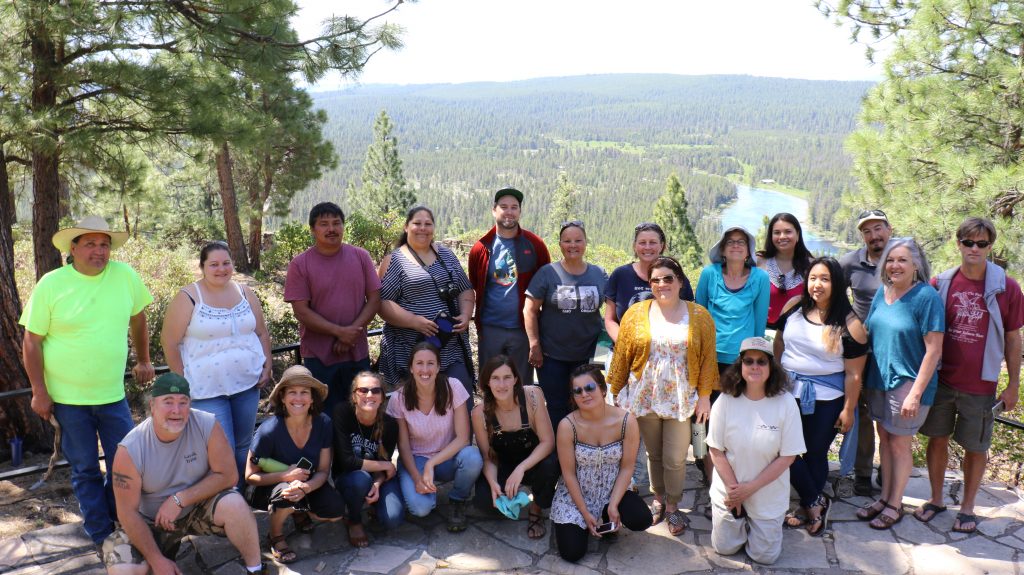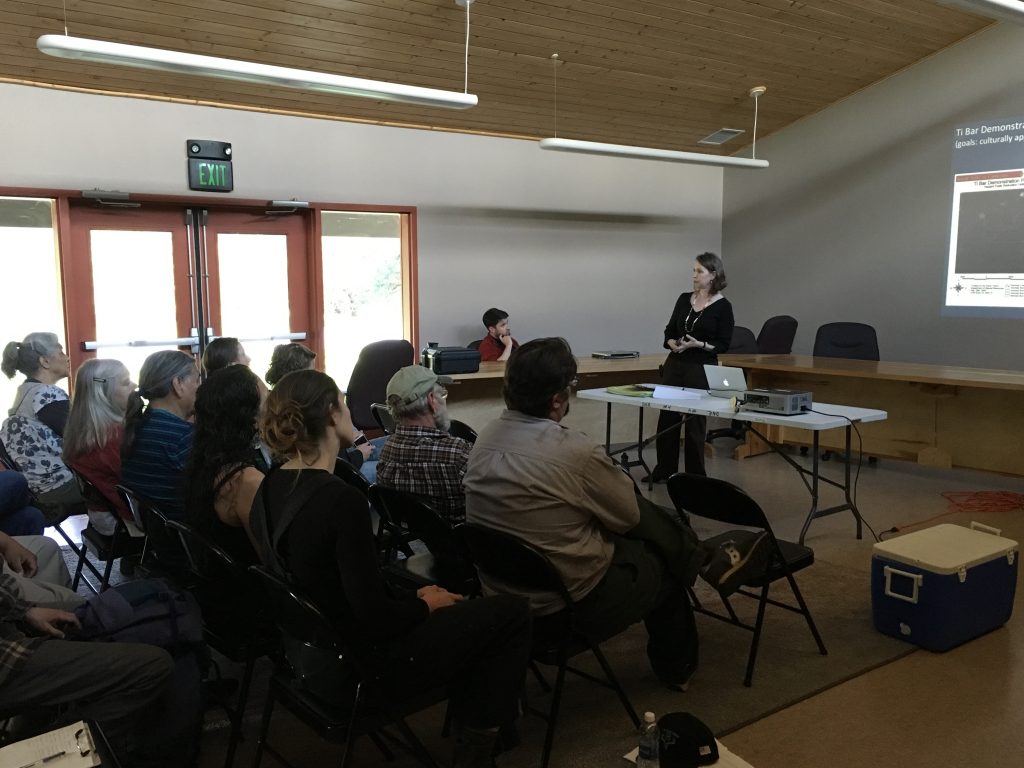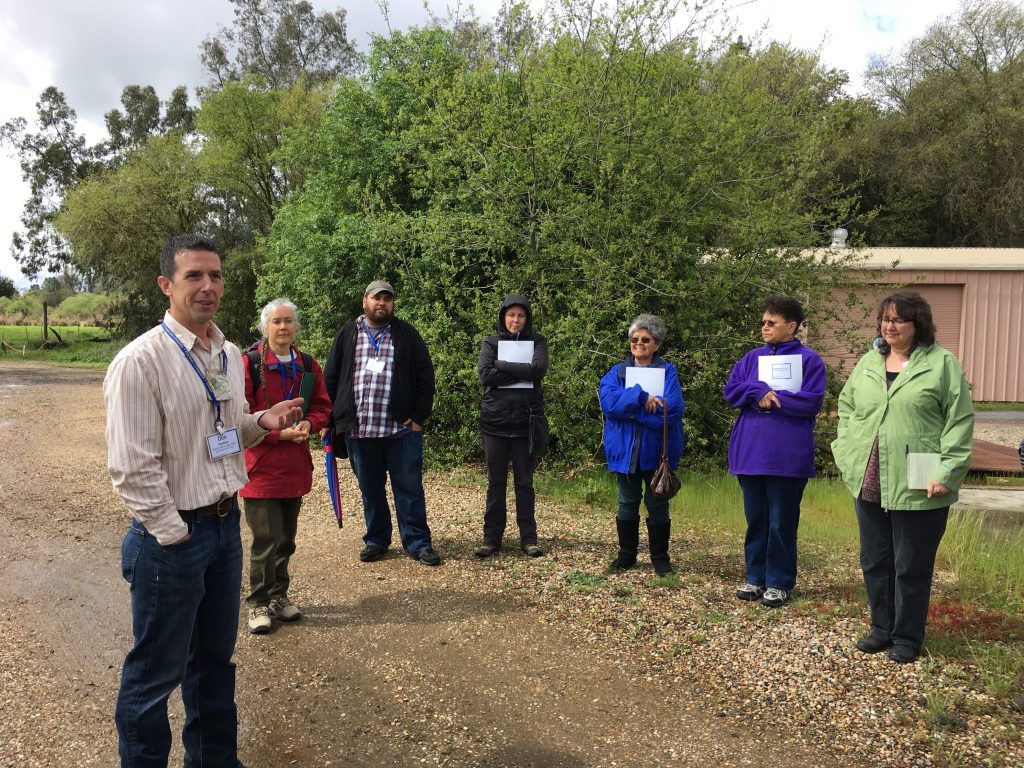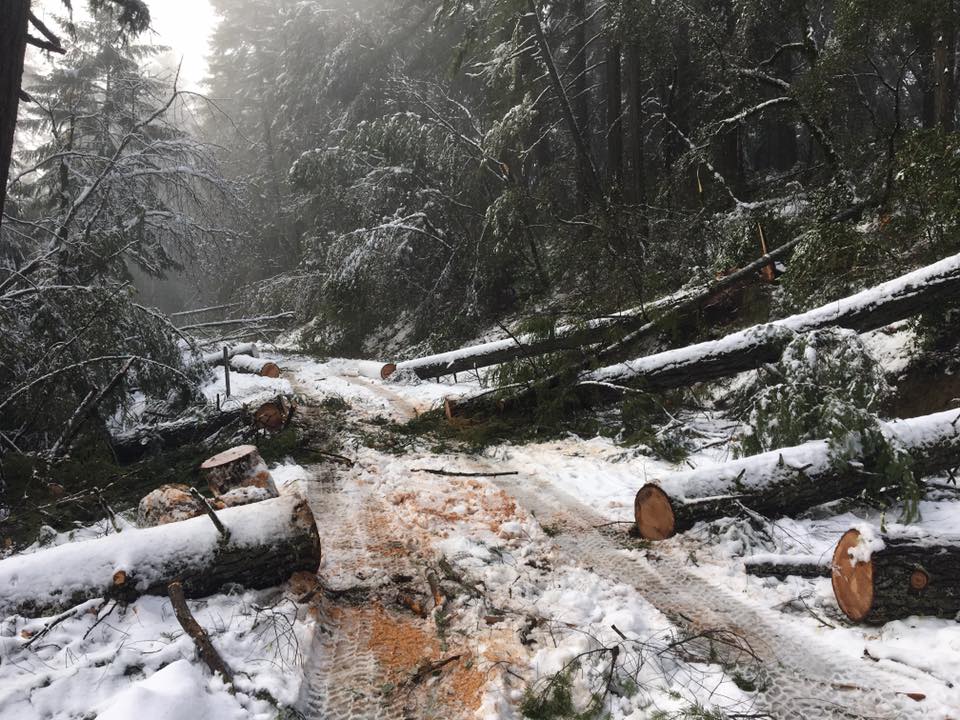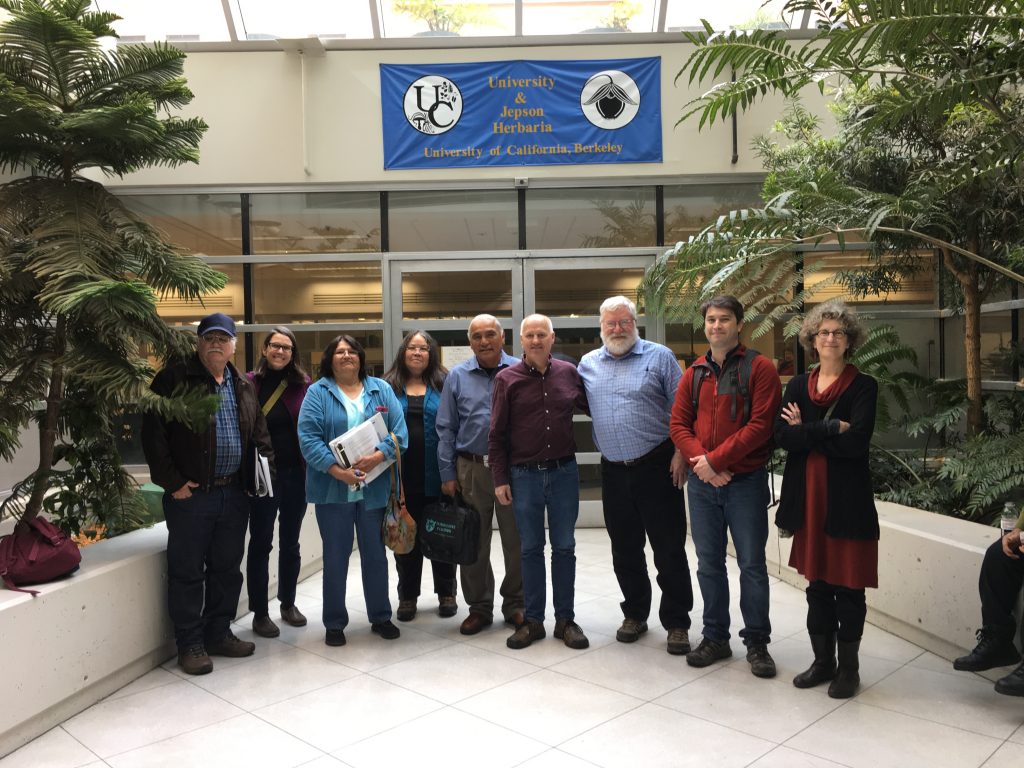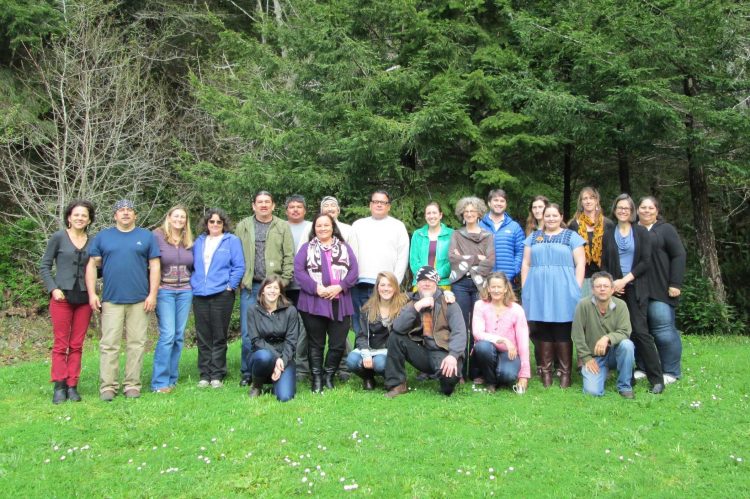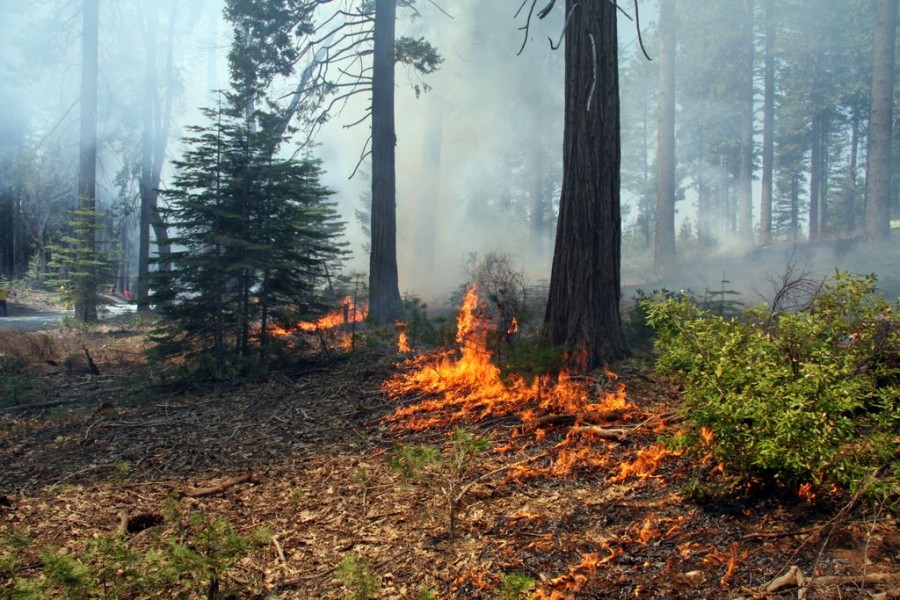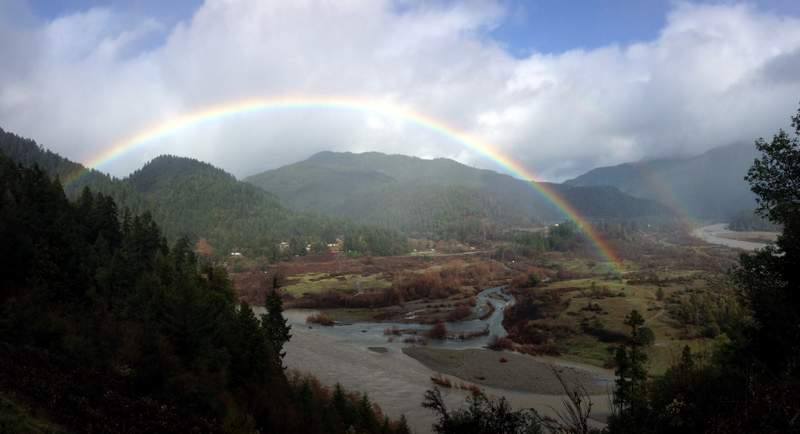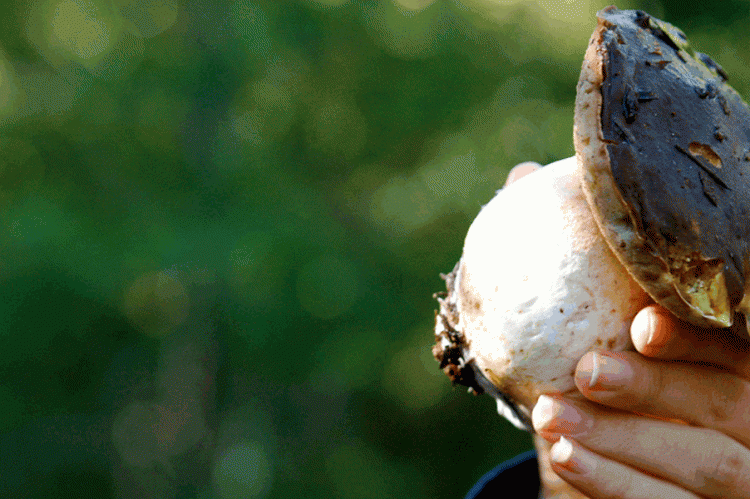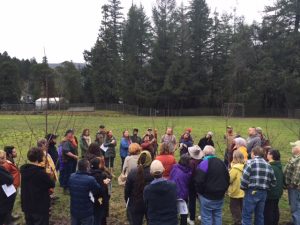
MKWC pruning workshop with Food Policy Council for Del Norte and Adjacent Tribal Lands. DNATL photo.
Mark Dupont of Mid Klamath Watershed Council (MKWC) has put together a beautiful how-to manual on the care of neglected fruit trees, based on MKWC, the Karuk Tribe, and the Salmon River Restoration Council‘s five years of collaborative work to restore local orchards as part of the Food Security Project. Here’s a preview:
Orchard Revitalization and Heirloom Fruit of the Klamath and Salmon Rivers: Preserving the Past, Securing the Future
Introduction
You’ve probably seen them, on the edge of the woods, or in a clearing that was once a homestead. Old fruit trees blend into the surroundings – they’re hardly noticeable until they’re covered in blossoms in spring, or heavy with fruit in the fall. They stand quietly year after year, with no care or tending, no pruning, irrigation, or fertilization. Yet somehow they survive, and even thrive, producing fruit year after year. They’ve become part of the landscape, and each has a story to tell: of a great grandfather who managed to obtain a seedling or a graft from some faraway place, of a family that planted and tended the orchard, of kids who grew up in the shade of the trees and picked and ate the fruit through the summer and fall. Continue Reading →
